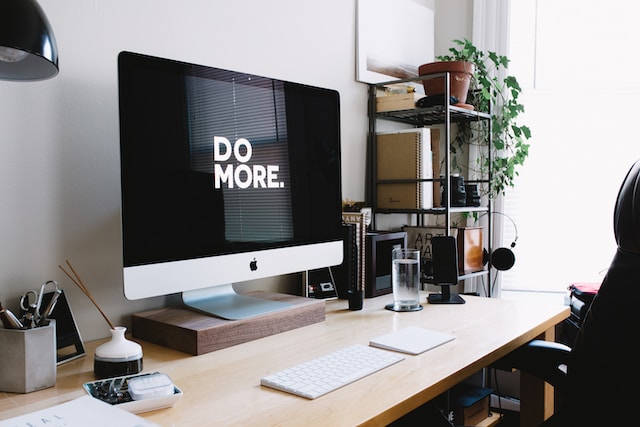Disclaimer: I am not a meditation expert, but rather someone who has found immense value in incorporating meditation into my daily routine. This article aims to share my personal experience and provide a beginner’s guide to meditation.
Discovering the Power of Meditation
As someone who has always been drawn to self-improvement, I stumbled upon the practice of meditation during a particularly stressful period in my life. Filled with anxiety and a constant racing mind, I was desperately seeking a way to find inner peace and clarity. Little did I know that meditation would become a transformative tool that would help me navigate life’s challenges with more resilience and serenity.
What is Meditation?
Meditation is a practice that involves training the mind to focus and redirect thoughts, ultimately leading to a state of mental clarity and emotional calmness. While meditation is often associated with spirituality, it can also be approached from a secular perspective, focusing solely on the benefits it brings to one’s mental and emotional well-being.
Getting Started with Meditation
1. Find a Quiet Space: Begin by finding a quiet and comfortable space where you can sit or lie down without distractions. This could be a dedicated meditation corner in your home or simply a quiet room.
2. Set a Time Limit: Start with shorter meditation sessions, such as 5-10 minutes, and gradually increase the duration as you become more comfortable. Consistency is more important than duration, so aim for daily practice.
3. Get Comfortable: Find a comfortable position, whether it’s sitting cross-legged on a cushion, kneeling, or even lying down. The key is to maintain a posture that allows you to be alert yet relaxed throughout the practice.
4. Focus on Your Breath: Close your eyes and bring your attention to your breath. Notice the sensation of the breath entering and leaving your body. If your mind starts to wander, gently bring your focus back to your breath without judgment.
5. Embrace Guided Meditations: For beginners, guided meditations can be incredibly helpful. There are numerous apps and websites that offer free guided meditation sessions, providing soothing voices and calming music to support your practice.
6. Be Patient with Yourself: It’s natural for your mind to wander during meditation. Instead of getting frustrated, practice self-compassion and gently guide your attention back to your breath or the present moment. Like any skill, meditation requires practice and patience.
7. Explore Different Techniques: Meditation is not a one-size-fits-all practice. Experiment with different techniques, such as mindfulness meditation, loving-kindness meditation, or body scan meditation, to find what resonates with you the most.
The Benefits of Meditation
While the benefits of meditation may vary from person to person, here are a few common advantages that many practitioners experience:
– Reduced Stress and Anxiety: Regular meditation can help calm the mind, reduce stress levels, and alleviate anxiety symptoms.
– Improved Focus and Concentration: By training the mind to stay present, meditation enhances focus and concentration, leading to increased productivity and mental clarity.
– Enhanced Emotional Well-being: Meditation cultivates self-awareness and emotional resilience, allowing individuals to respond to challenging situations with greater equanimity and compassion.
– Better Sleep: Practicing meditation before bed can promote relaxation and improve the quality of sleep, helping you wake up feeling refreshed and rejuvenated.
– Increased Self-Compassion: Meditation fosters self-acceptance and self-compassion, enabling individuals to develop a kinder and more loving relationship with themselves.
Incorporating Meditation into Your Routine
To make meditation a sustainable habit, consider these tips:
– Start Small: Begin with just a few minutes of meditation each day and gradually increase the duration as it becomes more comfortable.
– Find a Regular Time: Establish a consistent meditation schedule by choosing a time that works best for you, whether it’s in the morning, during a lunch break, or before bed.
– Create Reminders: Set reminders on your phone or use meditation apps to help you stay committed to your practice.
– Join a Community: Consider joining a local meditation group or participating in online communities to connect with like-minded individuals and gain support on your meditation journey.
– Be Gentle with Yourself: Remember that meditation is a practice, and it’s okay to have days where your mind feels restless or distracted. Embrace the process and approach it with curiosity and kindness.
Remember, meditation is a personal journey, and what works for one person may not work for another. Explore different techniques, be patient, and trust that the benefits will unfold over time. As you embark on this journey of self-discovery and inner peace, may you find solace and joy in the present moment.




